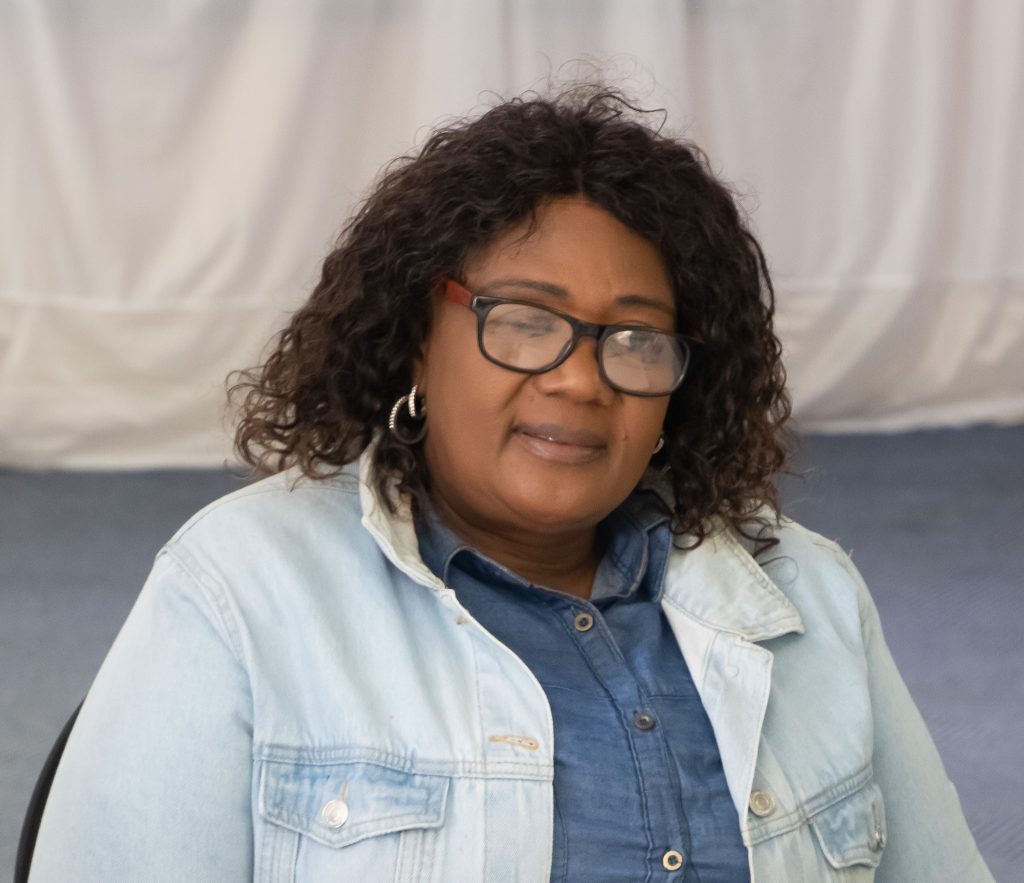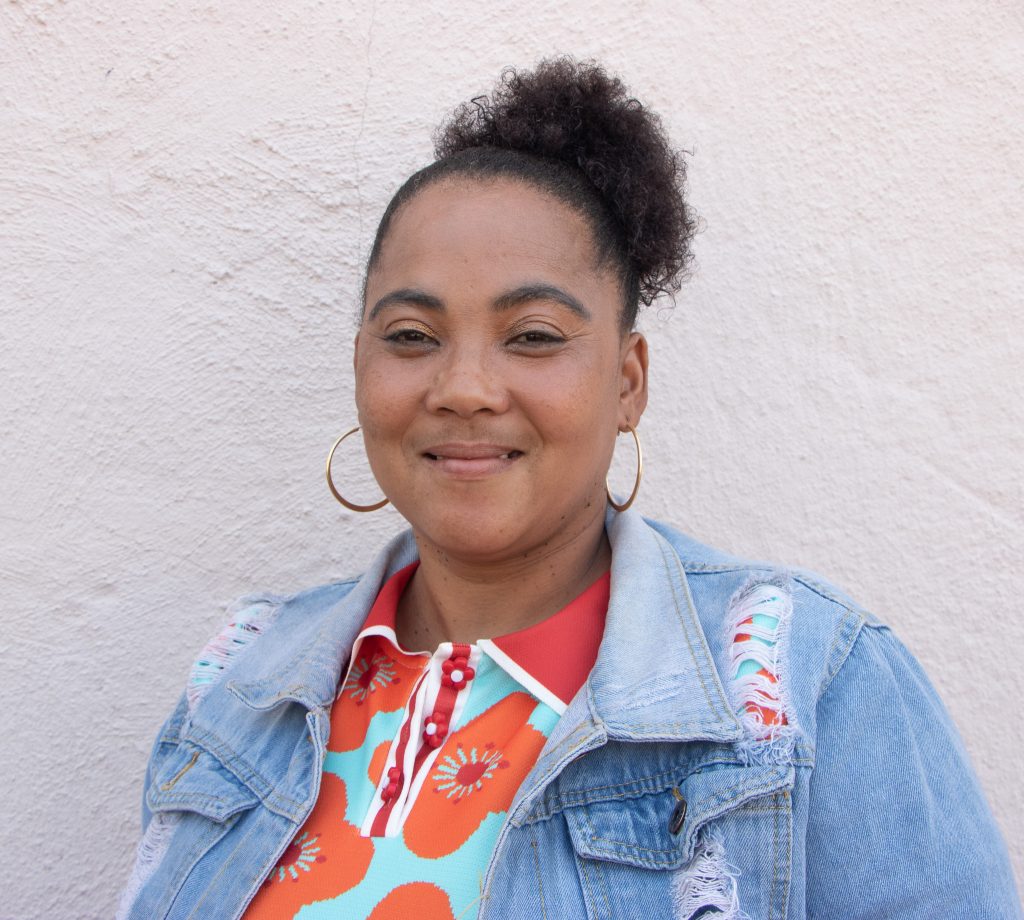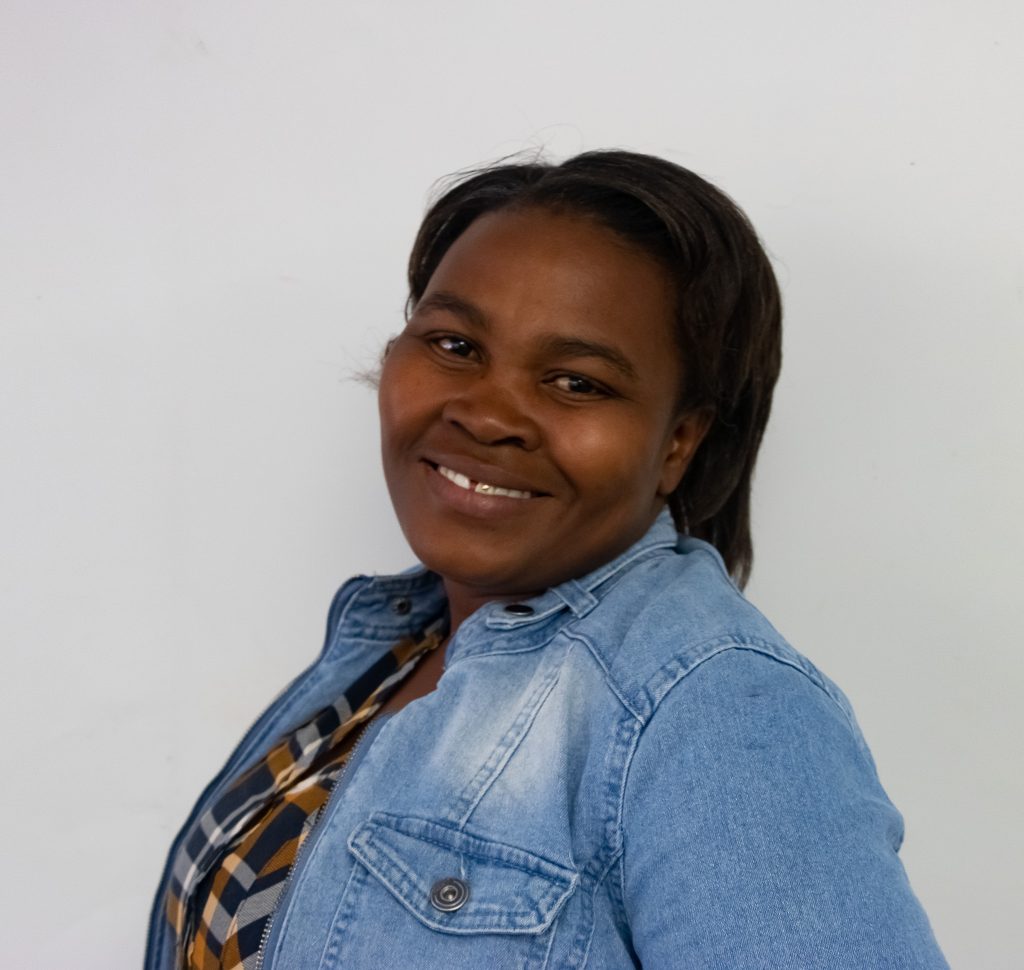Nyhet 2022-11-29
Community Healthcare Workers on their activism
Community Healthcare Workers (CHW) in Upington, South Africa share their daily activism, where they risk their lives to contribute to making their communities safe by taking a stand against gendered violations. In their struggle for recognition and equality, these women represent an important cornerstone in communities across Southern Africa.

Sylvia Mtini – 19 years of activism
“I love my job very much, because I am not scared to work with sick people and people who are in need of help. I am a community person. When I arrive at a household and find that the woman has been violated. I accompany them to the police station, to open a case. The violence must stop. We go the extra mile and put ourselves at risk daily.”

Jobrey Duba – 20 years of activism
“After having my first child, my mom’s friend encouraged me to consider being a care worker. The situation at home was challenging, so I had to go look for a job. That’s when I decided to be a CHW. I became a Care worker because I like working with people, especially old people. I provide full care to my elderly patients; I wash them and ensure they take their medication. I consider myself an activist in the work that I am doing. As I cannot sit by and watch people struggle. It breaks my heart to see people suffering, especially old people. I also take the time talk to young people about making good life choices, to try steer them on the right path, and to stop substance abuse which leads to violence. We must all play our part to make our communities safe for both the young and old.“

Wilma Nowalaza – 12 years of activism
“I became a CHW to help the sick and old people get better. I stand up for women who do not know their rights when it comes to health; as well as those who are less fortunate and marginalized. I help disabled people in my community. I have a passion for what I do. I am a helping hand in the community. I make my patients aware of gender-based-violence in its different forms in our community. I advise my patients, which are living in abusive households, on how they must exercise their rights, also on how they can get help and report any form of abuse. So that they can be taken out of the violent space.”